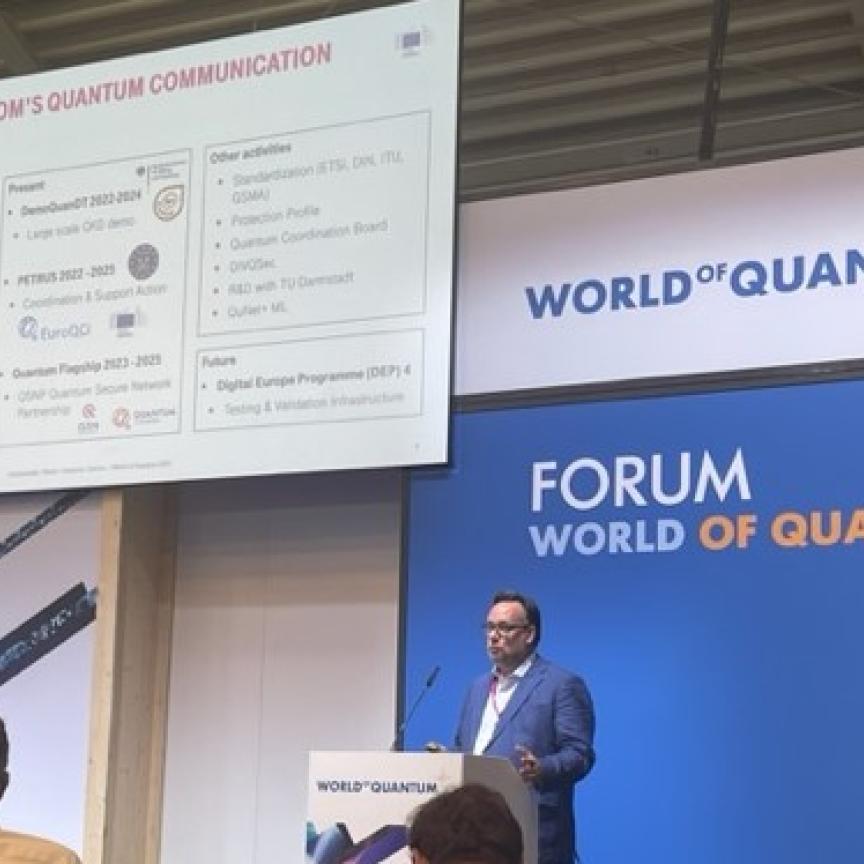BT has set out its latest strategy update as part of the incumbent’s full year results for 2017-2018. Revealed in the update is the intention to increase its FTTP and mobile infrastructure investment within an annual capex allocation of around £3.7 billion.
The move comes amidst plans to accelerate the restructure of the global services division, with new digital products providing a greater focus on top global customers; a reduction in capital intensity, and a significant lowering of costs. To deliver differentiated customer experiences, BT says it will continue to invest in integrated network leadership, with the aim of having a single integrated all-IP fibre network that will enable seamless converged access across fixed, WiFi, and mobile, whilst maintaining capital expenditure discipline within the £3.7 billion annual allocation which will take place over the next two years.
On the fixed side, Openreach will take a ‘fibre first’ approach that aims to position the business to deliver 10 million fibre-to-the-premises (FTTP) by mid-2020s – something that Sharon White, chief executive, of UK comms regulator Ofcom has stated will be essential in avoiding the risk of ‘fading away.’ The regulator recently decided not to introduce a restricted dark fibre remedy, which would have required BT to provide a restricted form of dark fibre in the leased lines markets for the period until March 2019 (see Ofcom decides not to introduce temporary dark fibre remedy). In mobile, BT will continue to build 4G to 95% geographic coverage by 2020.
Amongst productivity improvements planned for the UK, there will be around 30 modern, strategic sites, creating a more collaborative culture, and this includes plans to exit BT’s headquarters in Central London. Conversely, the company is also taking steps to reduce costs in order to help ‘offset near term cost and revenue pressures’, whilst providing capacity to invest in ‘value enhancing projects’ and drive longer term profit growth. This will mean some staff cuts, with a three-year reduction of around 13,000 employees from predominantly back office and middle management roles. Although there will be approximately 6,000 new staff members recruited to help support network deployment and customer service. A three-year cash cost reduction of £1.5 billion was also announced, with costs to achieve of £800 million and two-year payback.
Gavin Patterson, BT chief executive said that he was ‘really excited’ to be delivering this stage of the company’s transformation and have in place the team that will help to achieve these objectives. He added: ‘BT is uniquely positioned to be a leader in converged connectivity and services. This position of strength will enable us to build on the disciplined delivery and risk reduction of the last financial year, a period during which we delivered overall in-line with our financial and operational commitments whilst addressing many uncertainties.’
BT was aided UK communications regulator, Ofcom has decided not to introduce a restricted dark fibre remedy for the period up to March 2019. The regulator consulted on proposals to introduce a restricted dark fibre remedy for leased line services at and below 1Gb/s until March 2019 last November, following a judgment by the Competition Appeal Tribunal.

